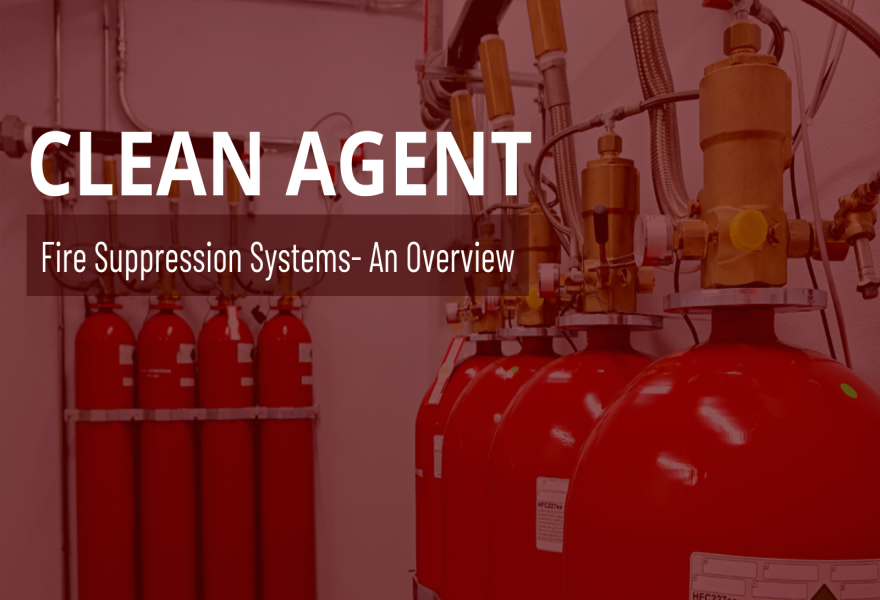
Short Brief on Fire Fighting Pump
02 Jun 2024What is a firefighting pump?
Fire
Pumps are customized water pumps with a high capacity for throwing water. They can generate high water pressure to extinguish fire through sprinkler/hydrant systems and ensure the fire safety of buildings. Fire pumps are specifically designed to increase water pressure and flow.
Types of Fire-Fighting Pumps
There are many
types of Fire pumps. But considering the guidelines, two types of fire pumps are generally used positive
displacement and centrifugal.
When a pump moves a specific amount of fluid per pump cycle by trapping a fixed volume and forcing (displacing) that trapped volume into the discharge pipe, it is called a positive displacement pump.
The working principle of a positive displacement
pump is based on the concept of trapping a fixed volume of fluid and then displacing
(pushing) that trapped volume into the discharge pipe
A
centrifugal pump uses the kinetic
energy of the impeller to remove water, & thus a high-pressure flow of water is produced. Water in centrifugal pumps enters the suction inlet and passes to the
center of the impeller. Conventional centrifugal pumps are powered by
electricity, and diesel engines to ensure operation at the time of emergency. The
Use of centrifugal pumps is very common, & operation is very simple.
There are
different types of Centrifugal Pumps.
Horizontal Split Case
When the casing is divided into two different chambers, and the casing is vertically or radially separated on the shaft is called a Horizontal Split Case Pump. The impeller is connected to the driving engine through the drive shaft and rotates at a high speed.
Water enters the impeller, and the rotational motion of the impeller accelerates water through the impeller blades and is discharged into the pump casing by centrifugal force along its circumference.
The impeller's action increases the fluid's velocity and pressure and leads it to the pump outlet. For easy operation, maximum Fire protection providers favor it above its counterparts. The components of the horizontal split case system are easy to reach and maintain
NAFFCO Horizontal Split Case Pump has a Standardized design
with reliable performance, which can be suitable for any building. Axis Safety
Engineering Ltd is the Best Sales Partner of NAFCCO in Bangladesh
NAFFCO Horizontal Split Case Pump has a Standardized design
with reliable performance, which can be suitable for any building. Axis Safety
Engineering Ltd is the Best Sales Partner of NAFCCO in Bangladesh
Vertical Turbine Pump
Designers, end-users and contractors use vertical turbine pumps where space is less. A vertical turbine pump is a specialized centrifugal pump designed to move water from underground water sources.
It uses a vertical shaft to connect a motor above the ground to an
impeller deep below the surface. These pumps are designed to pump water from
greater depths. Vertical turbine pumps come in a large range of capacities and
pressures.
NAFFCO’s UL-listed Vertical Turbine fire pumps provide a reliable solution for your underground water source fire-fighting pump needs by combining the stringent quality measures of UL and NFPA standards with our proven experience in the fire protection field.
We can offer you a complete package of services starting from
engineering assistance to field start-up and periodic maintenance. Each pump
set is tested in our factory prior to dispatch, as per UL and NFPA standards.
These pumps are covered by a warranty of one year, subject to standard terms and
conditions.
Axis
Safety Engineering Ltd is the Best Sales Partner of NAFCCO in Bangladesh
Vertical In-Line Pump
It’s simple: when the suction & discharge heads are
at a single line, then it is called a vertical inline pump. Take an end-suction pump, stand it on the end,
and fashion a suction elbow to the bottom, you just created a crude vertical
inline pump. Where space is limited, in-line pumps are useful. Maintenance of
such pumps are quite critical compared to the others.
End Suction Pump
When the discharge outlet is perpendicular to the suction inlet, the pump is called an End Suction pump. If the pump room size is narrow we can use an end suction pump as it requires less space to install.
The end suction pump works by converting mechanical energy into hydraulic energy, using an impeller that rotates at high speeds. As the impeller rotates, it creates a centrifugal force that pushes the liquid toward the outer edges of the impeller blades, creating a low-pressure area at the center of the impeller.
This
low-pressure area draws in the liquid from the inlet connection and forces it
out through the outlet connection. The limitation of End Suction pumps is their
capacity.
Why Choose NAFFCO Fire Fighting Pump
·
Performance
characteristics as per NFPA 20
·
Complete
unit responsibility.
·
Complete
in-house fabrication capabilities.
·
Hydrostatic
testing facilities.
·
Operation
run test as per NFPA 20, UL 448, and FM 1311 requirements.
·
Horizontal
Split-case pumps for capacities from 750 to 1500 US GPM.
·
Drivers:
Electric motor drive or diesel engine drive.
·
Electrical
testing capabilities for motors and controllers as per NFPA standards.
·
Capable
of supplying additional accessories wherever
PUMP CASING: The casing is axially split, which permits removal of the complete rotor without moving either piping or motor. Pumps generating high heads have double volutes to reduce radial forces. ensuring minimal shaft deflection and low bearing loads. Replaceable wear rings protect the casing at the impeller running clearances.
IMPELLER: The closed impeller has double curved
vanes. The double suction design gives practically zero axial forces. Each
impeller is dynamically balanced according to ISO 1940-1 standard.
BEARINGS: Grease-lubricated deep groove ball
bearings are provided on both sides.
SHAFT SEAL: Soft-packed stuffing box. Cooling lines
are provided for additional cooling of the graphite-impregnated type gland
packing.
More Topic

সহজ ভাষায় ফায়...

ABC OF FIRE SAFETY PLAN

Why choose OS&Y Gate Valve- NAFFCO-...
